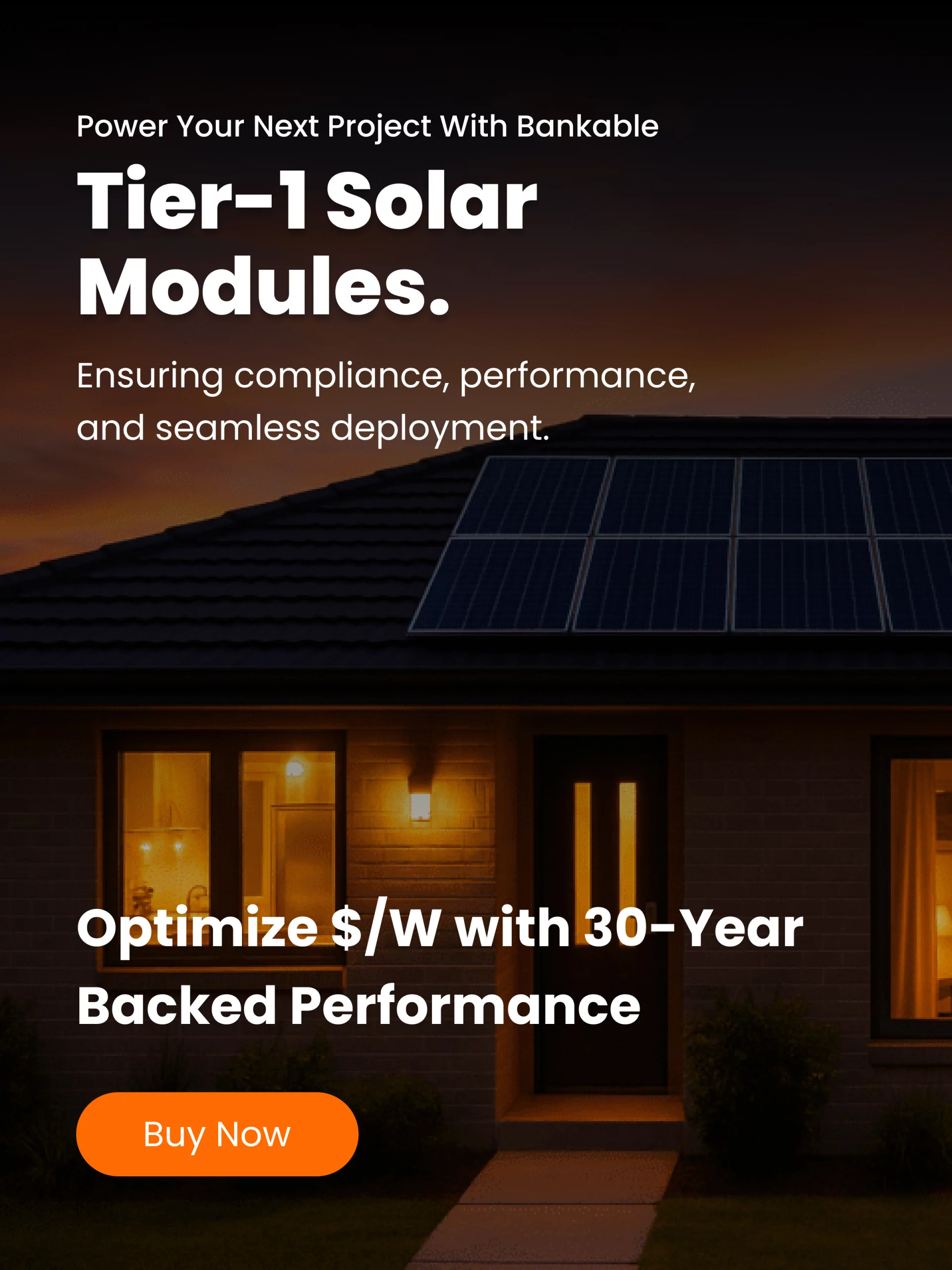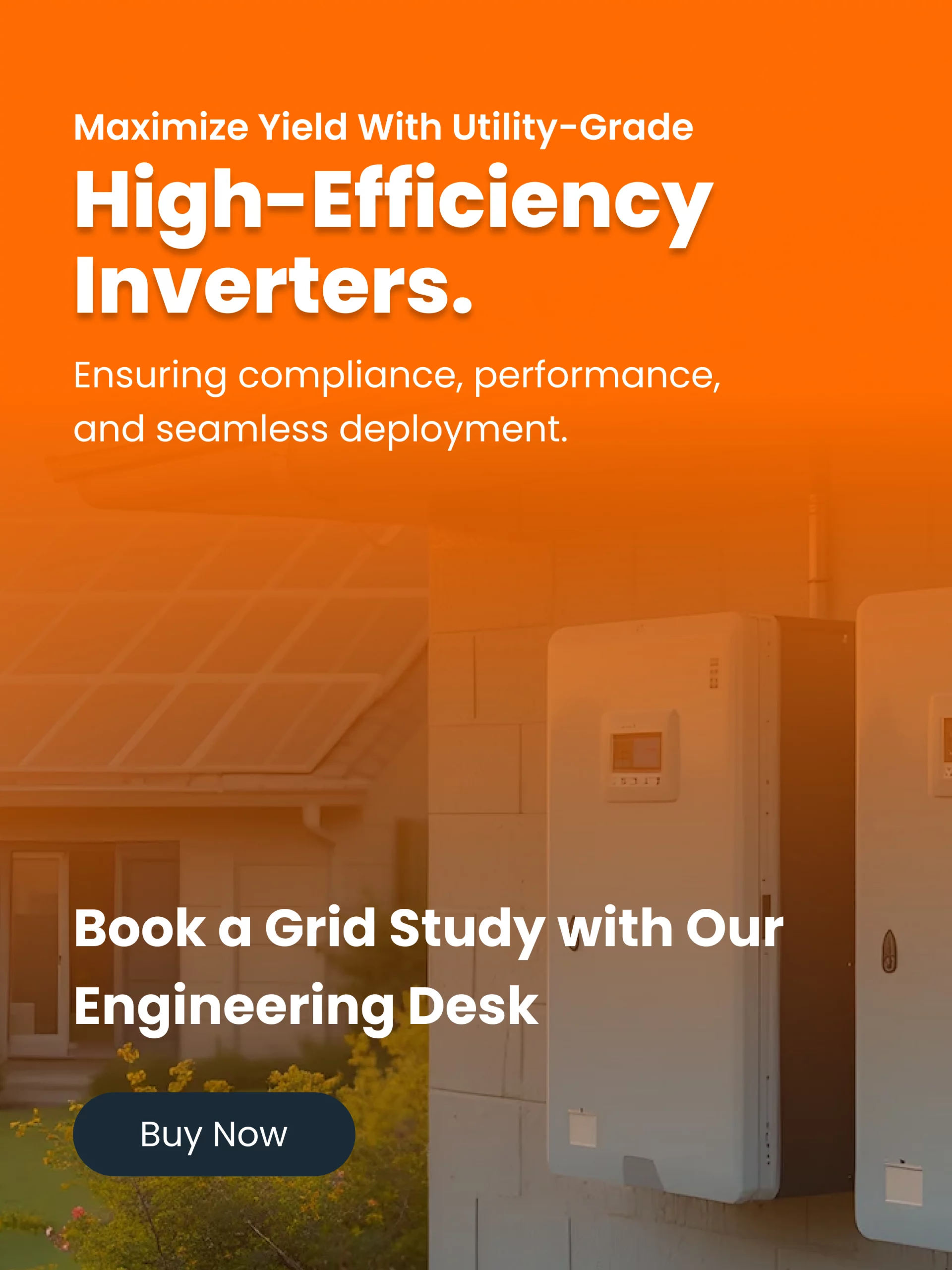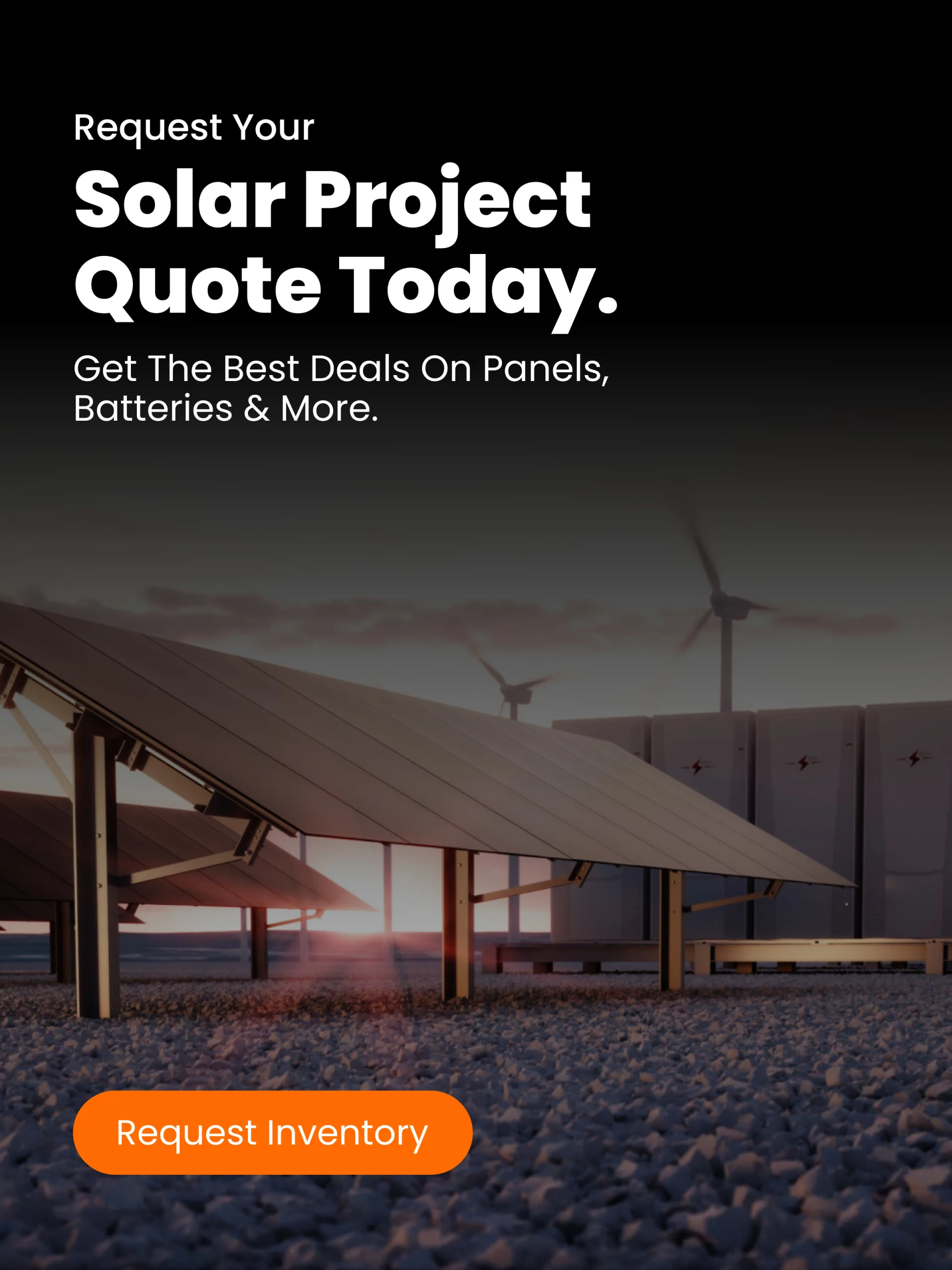How to sell solar like a pro?
Solar energy is booming. More homeowners and businesses want to switch to clean, renewable power, but competition in the solar industry is fiercer than ever. If you’re in the business of selling solar systems, standing out means more than just offering competitive pricing or the latest tech. You need a smart marketing strategy tailored to your audience’s needs, motivations, and concerns.
Whether you’re a solar contractor, installer, or reseller, this guide will walk you through proven marketing tactics to help you connect, convert, and close deals like a pro.
Understanding your audience: the foundation of solar marketing
The first step to effective marketing is knowing who you’re talking to. Solar customers come in many forms, but most fall into a few broad categories:
- Homeowners looking to reduce electricity bills and increase home value.
- Businesses aiming to lower operating costs or enhance sustainability credentials.
- Environmental advocates motivated primarily by reducing carbon footprint.
- Early adopters who want the latest tech and innovation.
Each segment has different priorities and objections. For example, a homeowner may worry about upfront costs, while a business might focus on return on investment and tax incentives. Tailoring your messaging to speak directly to these concerns builds trust and boosts conversions.
Crafting your unique value proposition
With dozens of solar companies vying for attention, you need a clear, compelling value proposition. Ask yourself:
- What makes your solar offering unique?
- Do you provide unmatched warranties or financing options?
- Is your installation process faster or more customer-friendly?
- Do you have local expertise or specialized certifications?
Your value proposition should be simple, benefit-driven, and easy to remember. For example: “We make solar simple — affordable, fast, and hassle-free installation backed by a 25-year warranty.” A clear message like this helps potential customers instantly grasp why they should choose you.
Building a strong online presence
In today’s digital world, your website and online profiles are often the first touchpoint with customers. Your online presence should:
- Be mobile-friendly and easy to navigate.
- Clearly explain your services, products, and benefits.
- Include customer testimonials and case studies.
- Feature calls to action (CTAs) like “Request a free consultation” or “Get your solar quote today.”
- Show certifications, awards, and licenses to build credibility.
SEO (search engine optimization) plays a big role here. Optimizing your site for keywords like “solar installation near me” or “best solar company” increases your visibility on Google and other search engines. This drives organic traffic from potential customers actively searching for solar solutions.
Content marketing: educate to engage
Solar can be a complex topic for many. Content marketing — producing useful, informative content — helps you educate prospects while building trust. Blog posts, videos, infographics, and social media posts that explain solar basics, financing options, benefits, and installation process position your company as an expert.
Try to answer common questions such as:
- How much does solar cost?
- What incentives are available?
- How does net metering work?
- What maintenance is required?
Regularly publishing valuable content keeps your audience engaged and improves your website’s SEO, attracting more qualified leads over time.
Using social media to connect and convert
Social media platforms like Facebook, Instagram, LinkedIn, and Twitter are powerful tools to reach potential customers and nurture relationships. Use social media to:
- Share educational content and success stories.
- Highlight customer testimonials.
- Run targeted ads based on location, income, or interests.
- Engage with comments and messages to build community.
Visual content performs well—consider posting photos or short videos of your installations, before/after shots, or behind-the-scenes looks at your team. Interactive content like polls or Q&As can also boost engagement and show your company’s personality.
Mastering lead generation and follow-up
Generating leads is only half the battle—how you handle those leads determines your success. Use clear CTAs on your website and social media to capture contact information via forms or chats. Once a lead enters your system, fast, personalized follow-up is essential.
Implement a CRM (customer relationship management) system to:
- Track leads and customer interactions.
- Automate follow-up emails or texts.
- Schedule appointments.
- Provide timely quotes and proposals.
The goal is to build rapport, answer questions, and move prospects down the sales funnel efficiently without being pushy.
Offering financing options that close deals
One of the biggest hurdles for many solar buyers is the upfront cost. Offering financing options can turn hesitant prospects into customers by spreading payments over time.
Popular options include:
- Solar loans that let customers own their system while paying monthly.
- Leases and power purchase agreements (PPAs) where customers pay for the power produced without owning panels.
- Buy now, pay later plans that allow immediate installation with delayed payments.
Be sure your marketing explains these options clearly, emphasizing affordability and flexibility. Highlighting incentives like tax credits and rebates further eases financial concerns.
Partnerships and local community involvement
Building trust within your community sets your brand apart. Partner with local businesses, environmental groups, or neighborhood associations to co-host workshops, sponsor events, or run joint promotions.
People prefer buying from companies they recognize and trust. Community involvement also generates valuable word-of-mouth referrals, one of the most effective marketing channels in solar.
Tracking and refining your strategy
Marketing isn’t a “set it and forget it” task. Monitor your website traffic, social media engagement, lead sources, and sales conversion rates. Use this data to identify what works—and what doesn’t.
Test different messages, offers, and platforms. Use tools like Google Analytics, Facebook Ads Manager, and your CRM reports to track results. Continuous improvement helps you stay competitive and maximize your marketing budget.
Closing thoughts
Selling solar isn’t just about having the best panels or prices. It’s about communicating clearly, building trust, and solving your customers’ real problems. A well-crafted marketing strategy rooted in understanding your audience, offering clear value, and leveraging digital tools will set your business up for long-term success.
Solar is an investment in the future—for your customers and your company. By selling like a pro, you’re helping people make a positive change while growing your business sustainably.
To support that growth, it also helps to have the right platform. That’s where Sunhub’s sales portal comes in. It’s designed to make selling solar products easier, faster, and more efficient. With built-in tools to manage listings, track leads, and streamline transactions, it’s the perfect solution for businesses looking to scale in the solar industry. Vendors can not only list and sell their solar products directly on Sunhub, but also advertise them to a wide network of qualified buyers actively searching for reliable solar solutions. Whether you’re offering panels, inverters, batteries, or other solar components, Sunhub gives your business the visibility and reach it needs to thrive in a competitive market.
Learn more on https://www.sunhub.com/sales-portal




